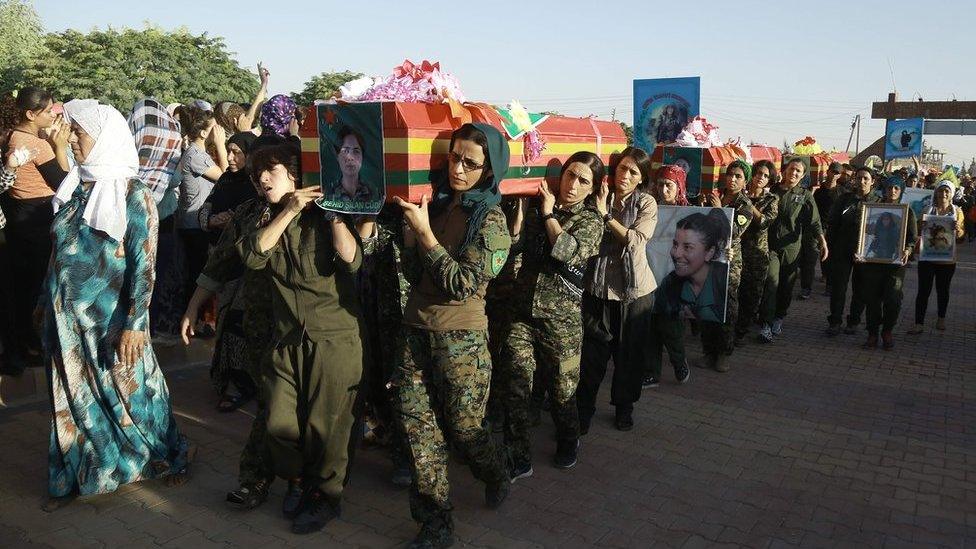Turkey lifts week-long curfew on Kurdish city of Cizre
- Published
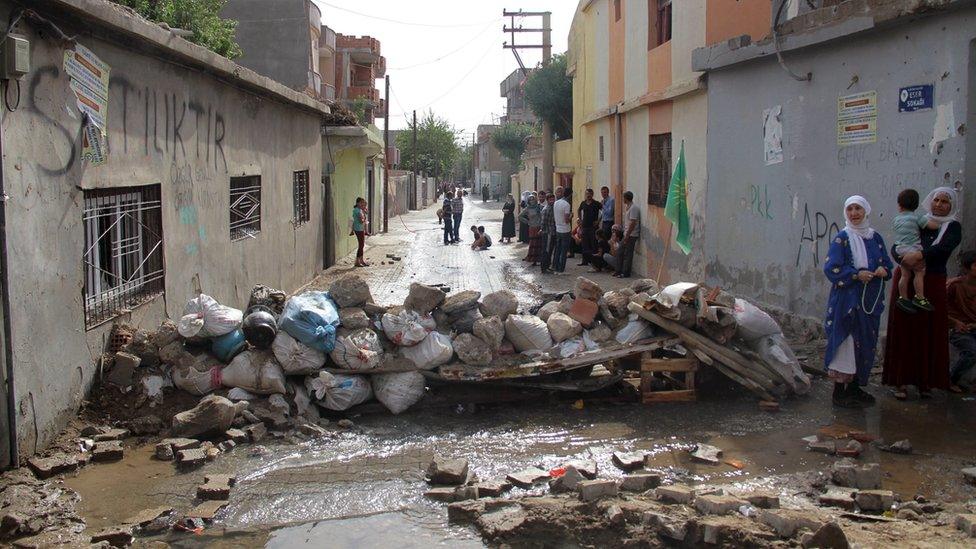
Barricades were set up during the eight-day curfew
Turkey has lifted a week-long curfew imposed on the predominantly Kurdish south-eastern city of Cizre, media reports say.
Cizre was sealed off since last Friday after the Turkish army launched an operation against Kurdish militants there.
Civilian casualties have been reported and there are concerns about food shortages.
The Council of Europe has asked Turkey to allow access to observers.
Amid the operation against the PKK (Kurdistan Workers' Party), Cizre locals have also complained of shortages of water and electricity. People have also been unable to bury their dead.
Grim reports from Turkish town under curfew
Turkey-PKK conflict: Why are clashes escalating?
A statement from the local authorities thanked Cizre residents for their patience during the "successful operation against the terror organisation".
Twenty civilians have died since Friday, eyewitnesses said, although the government has said only one civilian died and that the rest were militants.
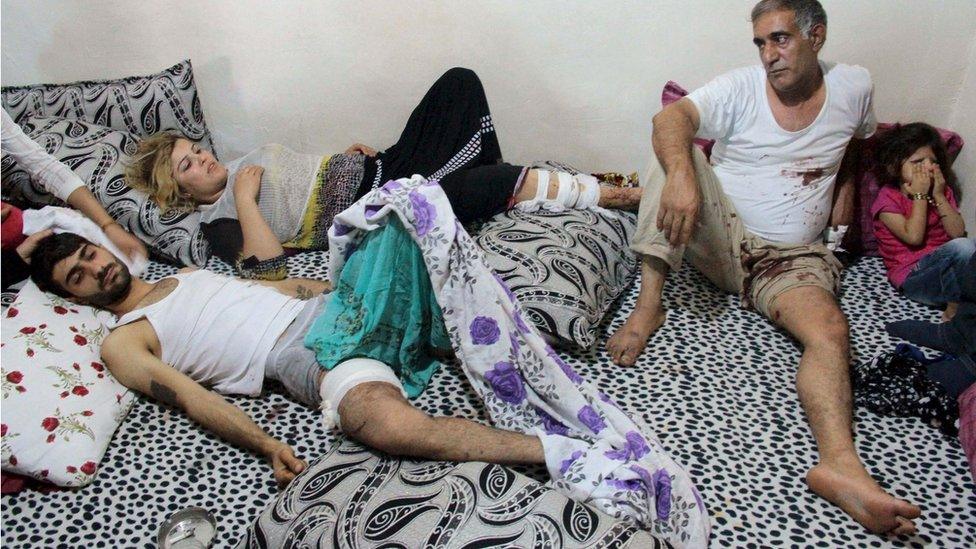
Access to hospitals has been restricted since the curfew was put in place
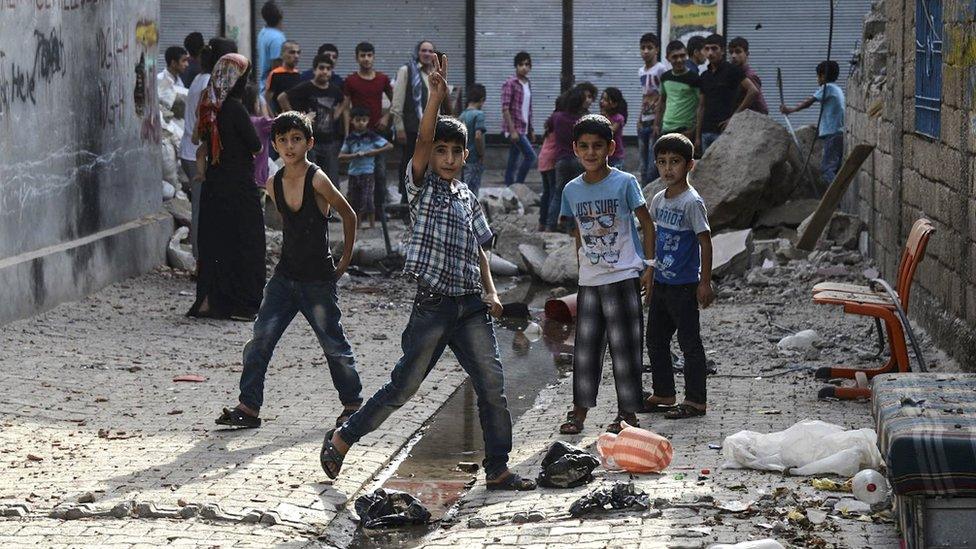
There were signs of damage caused by the fighting
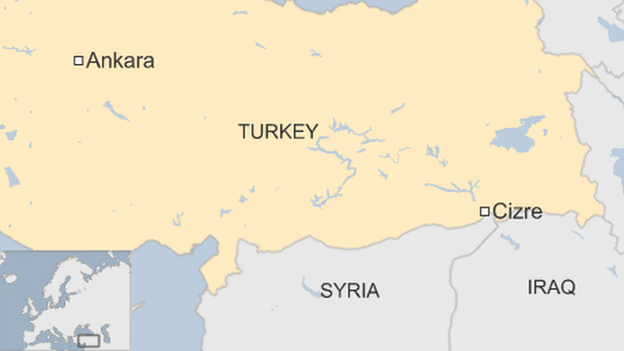
Turkey has described Cizre as a hotbed of PKK activity, with one official saying they believed 80 professional PKK fighters were operating there and around 200 young people had taken up arms.
But Selahattin Demirtas, the leader of Turkey's main pro-Kurdish party, has described the curfew as a "death sentence" for Kurds in the Kurdish-majority city of 100,000 people.
One doctor, who is responsible for more than 4,000 patients but cannot leave his home, told the BBC that the emergency department at the state hospital was closed and pharmacies were not opening.
Violence has surged between the Turkish government and the PKK since a ceasefire collapsed in July.
On Friday, an attack on a cafe in the mainly Kurdish city of Diyarbakir left a waiter dead and three policemen injured.
More than 40,000 people have died since the PKK launched an armed campaign in 1984, calling for an independent Kurdish state within Turkey.

Are you in Cizre? What has been your experience of the past few days? You can share your comments by emailing haveyoursay@bbc.co.uk, external.
Please include a contact number if you are willing to speak to a BBC journalist. You can also contact us in the following ways:
WhatsApp: +44 7525 900971
Send pictures/video to yourpics@bbc.co.uk, external
Tweet: @BBC_HaveYourSay, external
Send an SMS or MMS to +44 7624 800 100
- Published10 September 2015
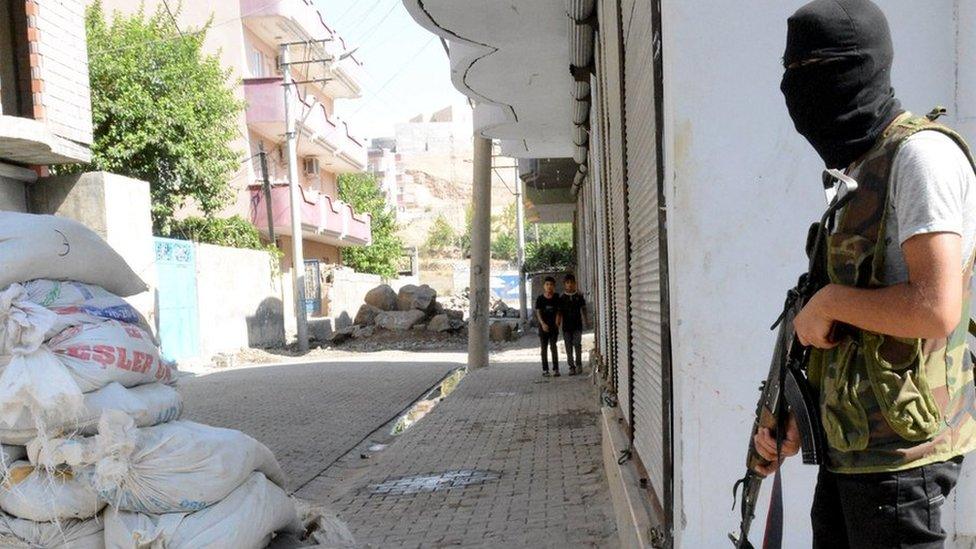
- Published9 September 2015
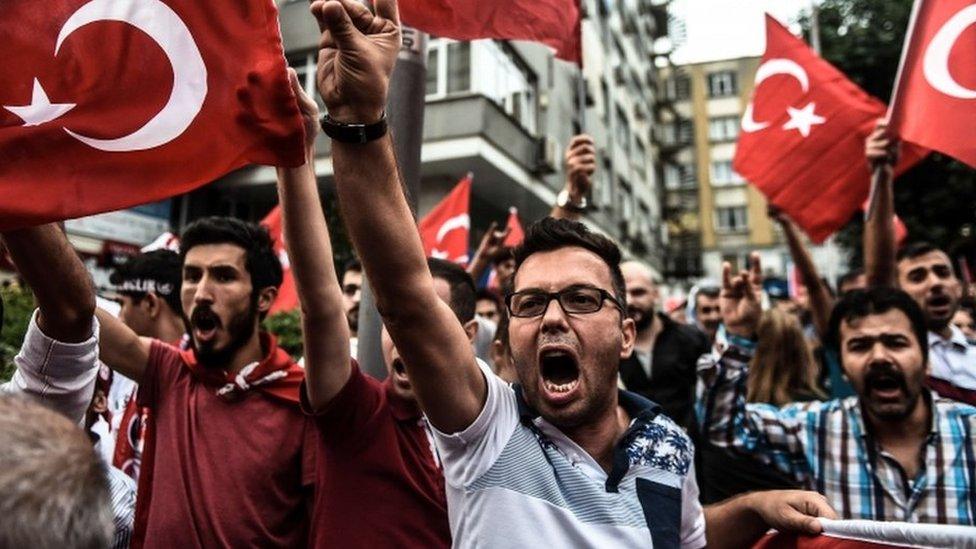
- Published9 September 2015
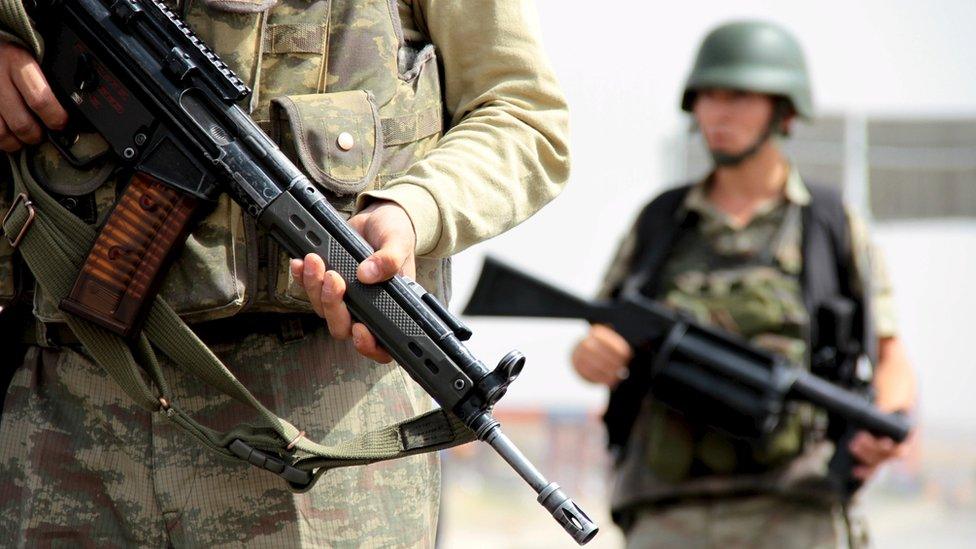
- Published2 September 2015
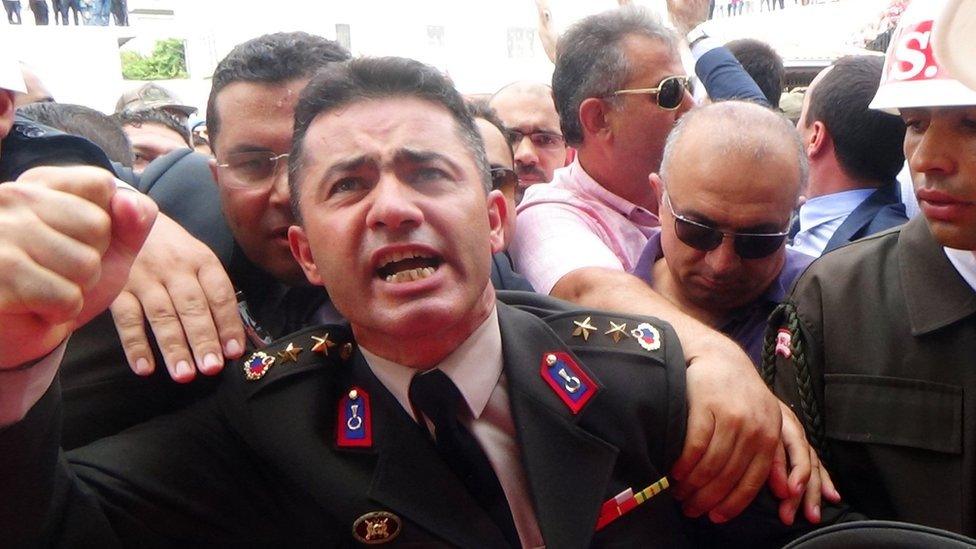
- Published23 August 2016
